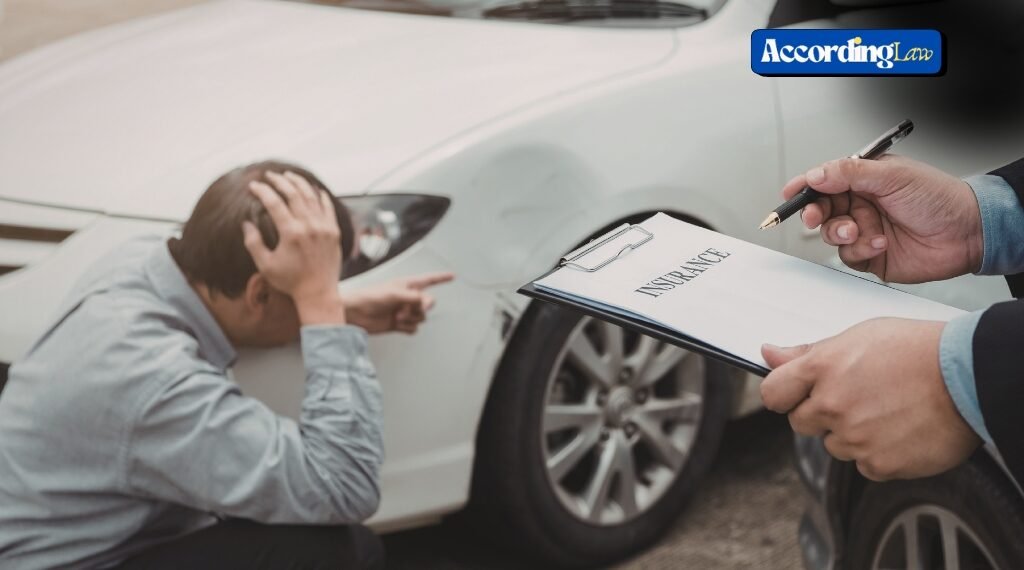Consumer products are meant to make life easier, but when they fail, the consequences can be serious. From faulty electronics to unsafe household items, defective products can cause injuries ranging from minor cuts and burns to severe, life-altering harm.
According to the National Safety Council, following a record low number of consumer product-related injuries reported in 2020, injuries have steadily increased. In 2021, they rose 6.8%; in 2022, 7.8%; in 2023, 0.6% and in 2024, they jumped 18.2%.
This upward trend highlights the need for consumer awareness and preparedness. Knowing how to identify defective products, take immediate safety measures, and pursue legal remedies can help reduce harm and ensure accountability.
In this article, we outline practical steps to handle defective products and protect yourself in the event of injury.
Table of Contents
Recognize a Defective Product
Recognizing what makes a product “defective” is the first step in any liability case. There are three main types of defects.
A manufacturing defect occurs when a production error turns an otherwise safe product into a hazard. For example, NPR reported a recall of canned tuna sold across 26 states due to botulism risks from faulty packaging. While the design was sound, a manufacturing mistake made the product dangerous.
A design defect is a flaw in the product’s blueprint that affects every item made. For instance, in a recent wrongful death lawsuit in New Jersey, the estates of victims allege that a Tesla Model S had a defective design. They claim this design flaw directly led to a fatal crash.
Finally, a warning defect arises when manufacturers fail to properly inform users of risks, such as a medication missing critical side-effect warnings.
Immediate Steps to Take After an Injury
If you are injured by a defective product, your first priority should be seeking medical care. Make sure that all injuries are properly treated and documented by healthcare professionals, as these records will be crucial for any legal claim.
Once your health is stabilized, preserve the defective product exactly as it was at the time of the incident. Do not attempt to repair it or dispose of it, since it serves as vital evidence. Collect and organize all related documentation, including receipts, manuals, packaging, and warranty information.
Take clear, detailed photographs of the product, the injuries you sustained, and the accident scene. Store all evidence securely, as this information will support your case when consulting a personal injury attorney or pursuing legal action.
Report the Defect
Reporting a defective product is crucial for public safety and helps prevent future injuries. Here’s what you should do:
Consult a Personal Injury Attorney
Securing legal counsel is essential when pursuing a product injury claim. An experienced personal injury attorney can navigate complex legal processes, safeguard your rights, and work to maximize your compensation.
However, according to Lesser, Landy, Smith & Siegel, PLLC, some attorneys settle cases quickly to avoid complications. Others may hand files to someone you’ve never met. These practices are often hard to detect from a website, and even reviews can be misleading.
That’s why it’s crucial to know the questions to ask a personal injury attorney. When you consult an attorney, ask about their experience with product liability cases similar to yours. You also need to know their approach to litigation and how they will communicate with you throughout the process.
A good lawyer will be transparent and demonstrate a clear plan for your case, ensuring you feel confident in their ability.
Prepare for the Legal Process
Once you’ve secured legal counsel, it’s time to prepare for litigation. Strong evidence is paramount. This includes preserving the defective product, taking detailed photos, and gathering all related receipts and medical records.
It is also crucial to be aware of your state’s statute of limitations, which sets a deadline for filing a lawsuit. Missing this deadline could mean you forfeit your right to seek compensation. In many cases, proving a product’s defect and its link to your injuries requires expert testimony. This is often provided by engineers or medical professionals.
The U.S. Consumer Product Safety Commission (CPSC) provides examples of such liability, as seen in its $12.25 million penalty against Fitbit. Fitbit was charged for failing to report that its Ionic smartwatches could overheat and cause serious burns, including second- and third-degree injuries.
The case highlights how companies can be held accountable for neglecting to report known dangers, making your detailed evidence even more critical.
FAQs
How should I handle a damaged or incorrect product delivery?
If a product arrives damaged or incorrect, reach out to the seller or manufacturer right away. Take photos to document the issue, save all packaging and receipts, and request either a refund or a replacement to resolve the problem. Reporting the problem promptly ensures proper resolution and preserves your rights if further action is needed.
Can I hold both the manufacturer and retailer liable for injuries?
Yes, you can hold both the manufacturer and retailer liable for injuries caused by a defective product. Manufacturers are responsible for design or production defects, while retailers must ensure safe handling and proper warnings. Liability may extend to all parties whose negligence contributed to the harm.
How do companies deal with defective products?
Companies handle defective products by issuing recalls, providing replacements or refunds, and notifying customers of potential risks. They may investigate the defect, implement quality control improvements, and report serious hazards to regulatory authorities. Effective communication and corrective measures help protect consumers, maintain trust, and comply with legal and safety obligations.
Defective products can turn an ordinary day into a medical or legal crisis. By acting promptly, preserving evidence, reporting the defect, and consulting an experienced attorney, consumers can seek justice and safeguard their well-being. Staying informed and vigilant not only helps prevent further harm but also supports recovery when manufacturers fail to uphold safety standards.


